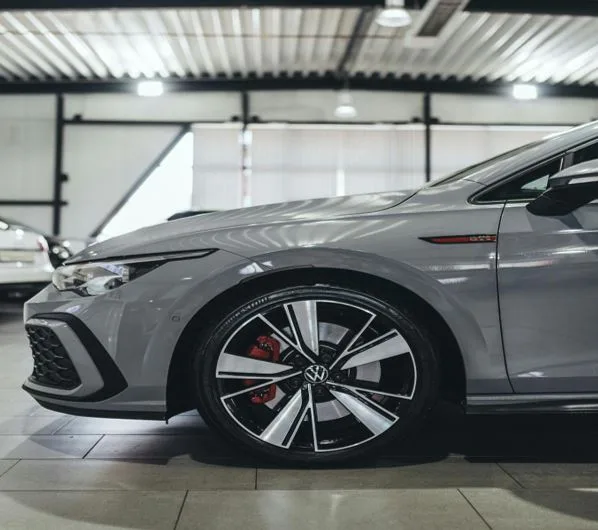Modular Construction’s Future: Quicker, Greener, And Smarter
By providing a ground-breaking substitute for conventional building techniques, modular construction is revolutionising the way we build. Modular systems have become a potent answer as enterprises look for quicker turnaround times, more sustainability, and more intelligent resource management. Modular construction provides accuracy, efficiency, and environmental advantages that are hard to match with traditional structures, whether it is used for residential, commercial, or industrial settings.
Efficiency And Speed At The Front
The quickness of modular construction is among its most alluring features. Unlike traditional construction projects that could be delayed due to inclement weather, supply chain issues, or a shortage of labour, modular construction is often carried out in controlled industrial environments. As a result, components are manufactured concurrently with site preparation, greatly cutting down on project durations.
Consistent quality and reduced waste are guaranteed when prefabricated parts, such as metal insulated panels or structural insulated panels (SIPs), are used. Manufacturers of SIP panels are essential to this faster process because they create insulated panels that combine thermal performance and structural integrity into one product. This dual-purpose feature streamlines project management and expedites on-site assembly.
Smarter Materials For Greener Buildings
In building, sustainability has become a need rather than a luxury. By cutting down on material waste, energy consumption during construction, and promoting effective energy performance after completion, modular construction is a natural fit for green building principles.
Products like controlled environment panels are especially useful in establishments that need to maintain a certain temperature or level of cleanliness, including cold storage warehouses, pharmaceutical production facilities, or food processing plants. These panels provide better insulation, which lowers heating and cooling energy use and promotes long-term environmental objectives.
Improved Design For Changing Requirements
Adaptability is more important to modular construction than sustainability and speed. The demands of modern building are ever-changing, and modular solutions provide the adaptability to scale, reorganise, or move structures as needed.
For instance, it is simple to modify metal insulated panels for usage in retail establishments, workplaces, and educational institutions. They are perfect for quick deployment and future customisation because of their robust but lightweight construction. This flexibility is particularly crucial in cities where land use has to be maximised and space is at a premium.
Furthermore, the most precise designs are made for controlled environment panels, which often have integrated features like antimicrobial surfaces and airtight sealing. This clever design guarantees long-term performance with little maintenance, catering to sectors with specific needs.
A Better Match For The Needs Of Contemporary Construction
There is pressure on the contemporary building sector to use fewer resources while meeting rising expectations. Traditional techniques are less feasible for many projects due to labour shortages, greater regulatory supervision, and growing material prices. With its scalable components and factory-based efficiency, modular construction aids in addressing these issues head-on.
In response, SIP panel manufacturers are creating cutting-edge panel solutions that include fire resistance, strength, and insulation. These multipurpose panels are a dependable option for both new construction and retrofits, as they not only satisfy but often surpass building regulations.
Controlled environment panels provide a better substitute for traditional building materials in sectors that need stringent environmental control, such as data centres, biotech laboratories, or cleanrooms. They save operating expenses and safeguard delicate processes by ensuring that interior conditions stay constant.
Connecting Tradition And Innovation
Although the idea of modular construction is not new, its integration with contemporary technology has elevated it to the forefront of contemporary building techniques. The incorporation of technology is making modular constructions more intelligent and effective than before, from automated systems and smart sensors to digital modelling and precise production.
Panel systems are now considered from the beginning when architects and engineers plan buildings, which enables more effective energy modelling and shorter construction delays. SIPs and metal insulated panels provide improved insulation, durability, and simplicity of maintenance while streamlining long-term operations as well as the actual construction process.
In conclusion
Unquestionably, modular building has a bright future. It provides an alluring combination of speed, sustainability, and astute adaptability—elements crucial in a society beset by logistical, financial, and environmental difficulties. Modular architecture is set to emerge as the preferred option for effective, future-ready structures as SIP panel manufacturers, metal insulated panel suppliers, and controlled environment panel manufacturers keep coming up with new ideas.
Modular solutions are no longer only an option; they are the most intelligent, environmentally friendly, and expedient way to go for anything from schools and hospitals to warehouses and retail establishments.




